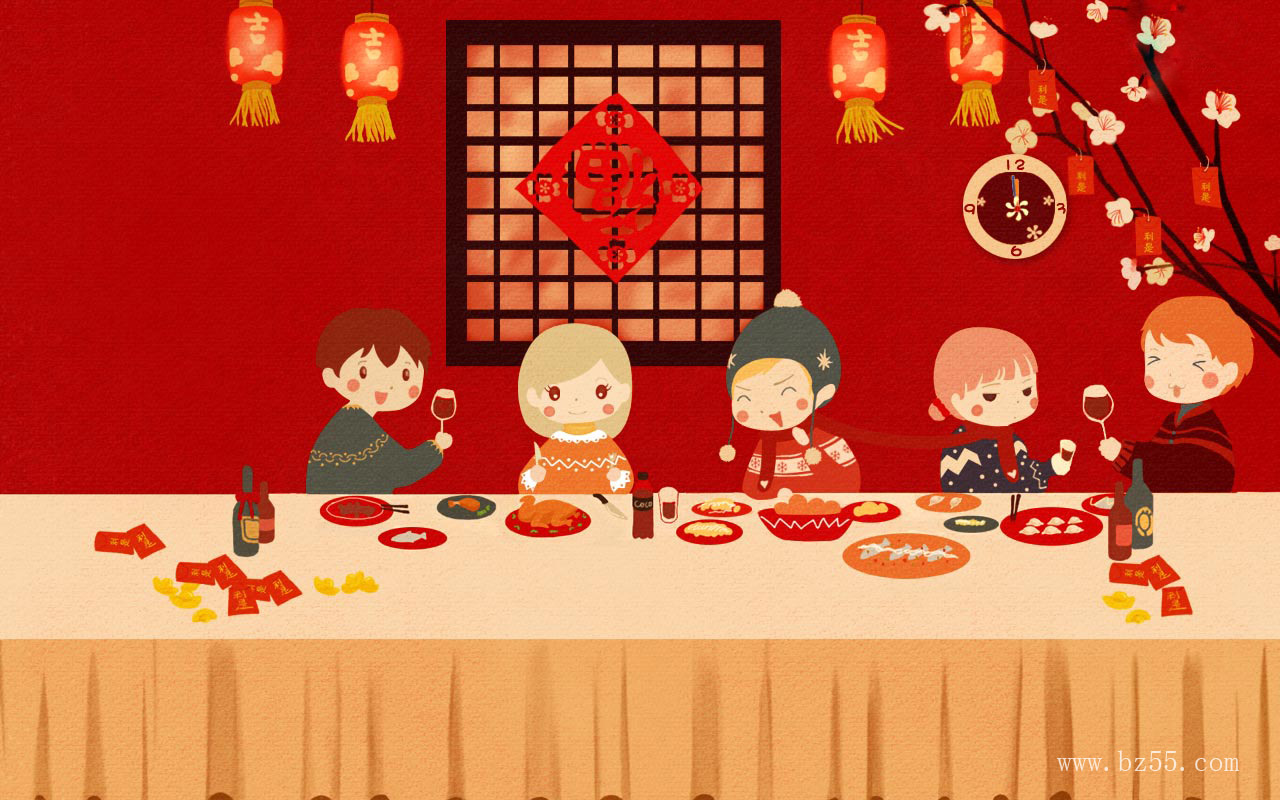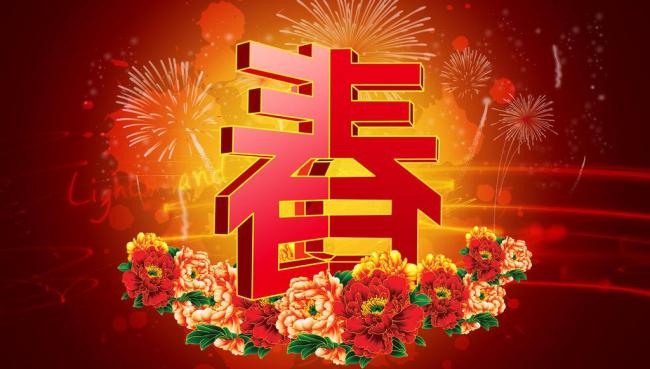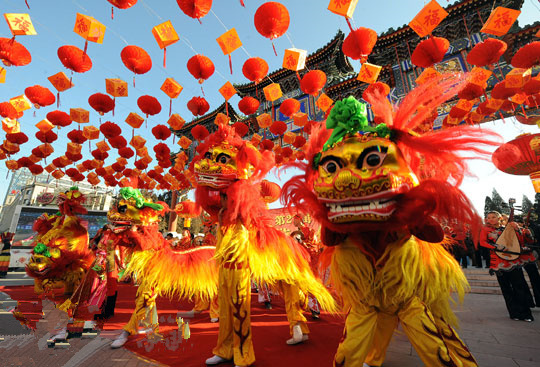more>>See More
Chinese tradition holiday ——Spring Festival
By Stella on 2017-01-20
Hey, the Chinese Lunar New Year is coming! Here is the
Vacation Notice from CUECC.
From Jan.21 to Feb..5, CUECC will have the winter vacation. But applictaion goes on as usual.
Application for winter vacation:
MBBS, Civil engineering, electrical and electronic engineering, BBA, computer science and engineering are still available for march intake.
The Spring Festival
New Year season lasts for fifteen days. The first week is the most important and most often celebrated with visits to friends and family as well as greetings of good luck. The celebrations end on the important and colourful Lantern Festival on the evening of the 15th day of the month. However, Chinese believe that on the third day (年初三) of the Chinese New Year it is not appropriate to visit family and friends, and call the day "chec hao" (赤口), meaning "easy to get into arguments".

The date of the Chinese New Year is determined by the Chinese calendar, a lunisolar calendar. The same calendar is used in countries that have adopted the Confucian and Buddhism tradition and in many cultures influenced by the Chinese, notably the Koreans, the Japanese, the Tibetan, the Vietnamese and the pagan Bulgars. Chinese New Year starts on the first day of the new year containing a new moon (some sources even include New Year's Eve) and ends on the Lantern Festival fourteen days later. This occurs around the time of the full moon as each lunation is about 29.53 days in duration. In the Gregorian calendar, the Chinese New Year falls on different dates each year, on a date between January 21 and February 20. In traditional Chinese Culture, Lichun is a solar term marking the start of spring, which usually falls on either February 4 or 5.
Days before the new year
On the days before the New Year celebration, Chinese families give their home a thorough cleaning. It is believed the cleaning sweeps away bad luck and makes their homes ready for good luck to arrive. All brooms and dust pans are put away on New Year's Eve so that good luck cannot be swept away. Some people give their homes, doors and windowpanes a new coat of red paint. Homes are decorated with paper cutouts of Chinese auspicious phrases and couplets (short phrases) that speak of "happiness," "wealth," "longevity."
eunion dinner
A reunion dinner is held on New Year's Eve where members of the family, near and far, get together for celebration. The New Year's Eve dinner is very large and traditionally includes chicken. Fish (鱼, yú) is included, but not eaten up completely (and the remainder is stored overnight), as the Chinese phrase 年年有余 (nián nián yǒu yú), which means "may there be surpluses every year", sounds the same as "may there be fish every year", since "yú" is also the pronunciation for 余 ("leftover" or "surplus"). A type of black hair-like algae, pronounced "fat choy" in Cantonese, is also featured in many dishes since its name sounds similar to "prosperity". Hakka will serve kiu nyuk (扣肉) and ngiong tiu fu. Because certain things and/or food sound alike to certain Chinese well-wishes, the belief is that having one will lead to the other.
Money Given to Children

On the night of Chuxi, or the night before the first day of new years, parents or grandparents usually put "yā suì qián" (压岁钱) or "end of year money" under children's pillows. The most common story of the origin of this tradition is below:
There once was a monster called Sui(祟) that would come on the night of Chuxi and touch the forehead of sleeping children. Once touched, normal children turned insane and smart children were then mentally retarded. To avoid this, parents usually stayed up the whole to watch out for Sui (守祟, or 守岁). One couple loved their bright son very much, and decided one year to keep the son awake by having him playing with coins wrapped in red paper. However, both the parents and the boy eventually fell asleep, with the paper wrapped coins fallen beside the boy's pillow. At night, Sui came in looking for the boy. The parents woke up, but it was too late for them to stop Sui. As Sui got close to the boy, a light flashed from the paper wrapped coins, scarying Sui away.

Play firecrackers
It is said that Chinese ancient times there is a monster called "year" . Every New Year's Eve ,”year”climb to shore, devouring livestock harm human life. But the monster fear of the red, and the firecrackers’ sound.So people play firecrackers to drive away the monster.
The CCTV's Spring Festival evening show already became one of now global viewing ratio highest television programs. Spend about 4.5 hours. The national several billions warm-hearted audiences can defend before the television, greets the new year!
The New Year's Eve
This day to the Chinese people are the great importance. This day of people prepare to eliminate welcome a newcomer old, have the family reunion dinner. In ancient times's China, some jail official even put the prisoner to go home to reunite the new year's celebration with the family member.

- Contact Us
-
Tel:
0086-571-88165708
0086-571-88165512E-mail:
admission@cuecc.com
- About Us
- Who We Are What we do Why CUECC How to Apply
- Address
- Study in China TESOL in China
Hangzhou Jiaoyu Science and Technology Co.LTD.
Copyright 2003-2024, All rights reserved




 Chinese
Chinese
 English
English
 Korean
Korean
 Japanese
Japanese
 French
French
 Russian
Russian
 Vietnamese
Vietnamese
